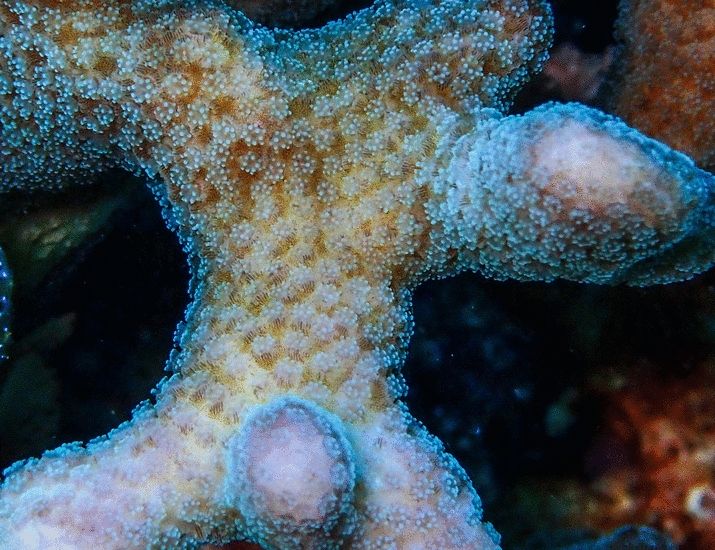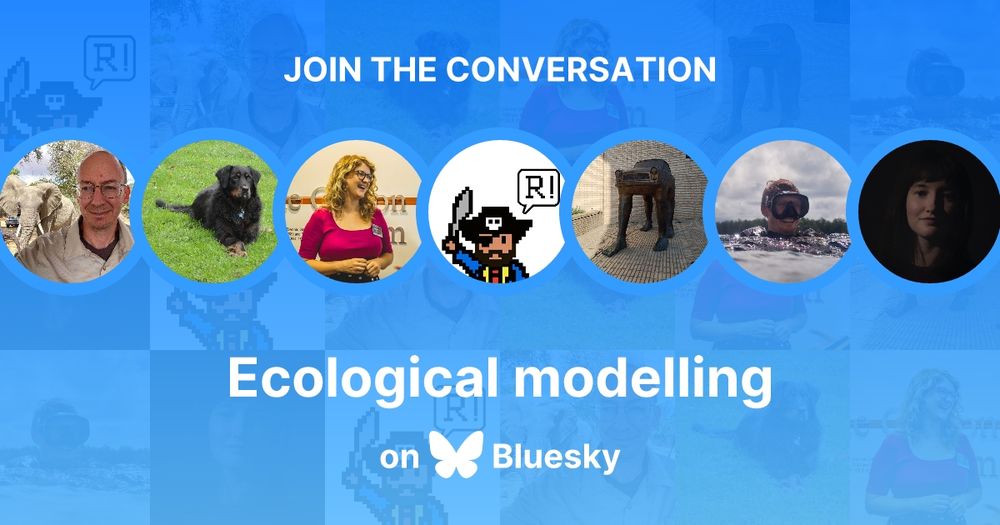
#corals #crypticspecies
peercommunityjournal.org/articles/10....

#hybridisation). We describe the implications of cryptic taxa and hybridisation for #conservation #restoration in detail!
www.science.org/doi/10.1126/...



This year, one-third of coral cover has been destroyed in two northern sections of the Great Barrier reef due to anthropogenic heating.
Results for the southern sections (which were even hotter) have not been officially released.
www.aims.gov.au/information-...

This year, one-third of coral cover has been destroyed in two northern sections of the Great Barrier reef due to anthropogenic heating.
Results for the southern sections (which were even hotter) have not been officially released.
www.aims.gov.au/information-...

go.bsky.app/EfUQaM2

go.bsky.app/EfUQaM2
#hybridisation). We describe the implications of cryptic taxa and hybridisation for #conservation #restoration in detail!
#corals #crypticspecies
peercommunityjournal.org/articles/10....

#hybridisation). We describe the implications of cryptic taxa and hybridisation for #conservation #restoration in detail!

